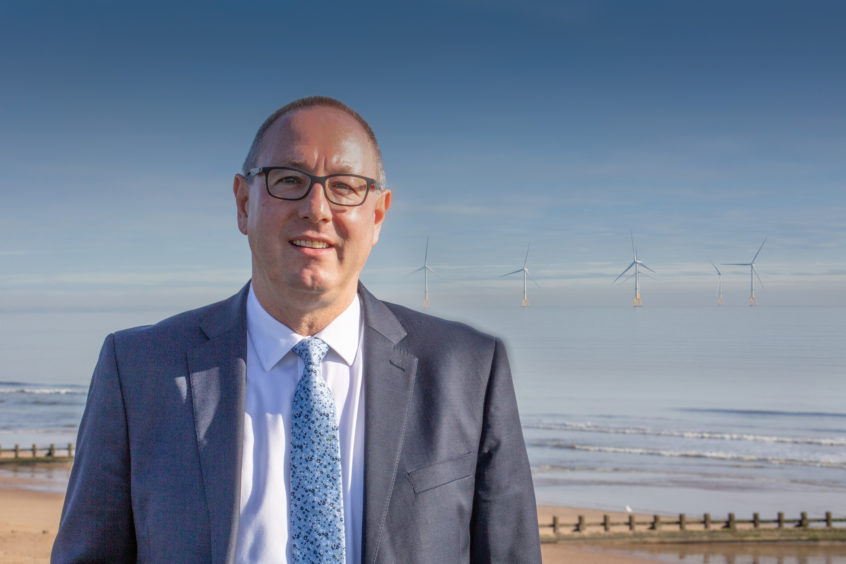
It is estimated that during 2019 over 20 million people in the UK contacted the 999 emergency services to request immediate police, ambulance, fire or coastguard support or to report an emergency.
The 999 emergency number was first introduced in 1937 and is the world’s oldest telephone emergency service. Fast forwarding to today, the world has certainly moved on, but with around 40 calls each minute, the 999 number has endured the test of time.
But how do we deal with new challenges such as the climate change emergency? Obviously, there is no global emergency number to call and there is no one service which can deal with the scale of the challenges ahead. Progress is in the hands of individual countries, companies and global organisations, such as the United Nation (UN) through its regular Conference of Parties (COP) meetings.
The recent COP25 meeting, which took place in Madrid during December 2019, was viewed as a real test of governments’ collective will to reduce greenhouse gas emissions more rapidly in order to prevent global temperatures from hitting an irreversible tipping point. The Madrid conference only endorsed a declaration on the ‘urgent need’ to close the gap between existing emissions pledges and the temperature goals set out in the 2015 Paris climate agreement.
With the next UN COP meeting to be held in Glasgow in November 2020 (COP26), the UK now has a real opportunity to play a global leadership role in the climate change and energy transition debate. This will require a decisive effort to align all of the various agendas during 2020 to ensure meaningful progress at the COP26 meeting. It will be powerful if the UK can show demonstrable progress on its own journey to become a net zero greenhouse gas nation by 2050 (2045 in Scotland).
Although the UK currently only represents around 1% of global CO2 emissions, as well as of the world’s oil and gas production and the world’s population, it is well positioned to be a driving force in managing the transition to a lower carbon future. To do so will require courageous leadership and bold action.
According to the UK’s Committee on Climate Change report published in May 2019, delivery of the net zero targets will require more than 60% reduction in oil and gas use between 2019 and 2050, while the use of offshore wind and hydrogen will need to increase by over 800% over the same period.
In support, new policy, legislation and regulation is required as well as a commitment to several pilot projects across the UK. From an offshore energy industry perspective, these will range from increasing offshore wind capacity, generating hydrogen at scale, looking at options to decarbonise hydrocarbons at source, to progressing several carbon capture and storage pilots.
In addition, new technology and innovation is going to play a vital role. The success of the OGTC’s Net Zero Solution Centre, combined with other similar centres across the UK, will be a critical part in delivering the net zero agenda.
Positive progress in the UK during 2020 will be a powerful demonstration that the nation is serious about meeting its obligations and can act as an international catalyst to deliver the comprehensive changes required.
The oil and gas industry and the wider energy sector has a significant role to play, contributing to the discussion as well as in shaping and building the new energy future. The sector has the assets, skills and capabilities to deliver the new, lower carbon solutions at scale and at pace. The industry also has the global reach to ensure that new technology and best practices are shared, enabling other regions to decarbonise faster and more efficiently.
The oil and gas industry is a fundamental part of the solution and the role of the sector in the energy transition should reflect this. It will ensure that the sector attracts the best and brightest people to truly help to change the world’s energy future.
As Washington State Governor Jay Inslee said, ‘We’re the first generation to feel the impact of climate change and the last generation that can do something about it’. We are having our collective 999 moment now and it is time to respond accordingly.
Professor Paul de Leeuw is the director of the Energy Transition Institute at Robert Gordon University.
Recommended for you
